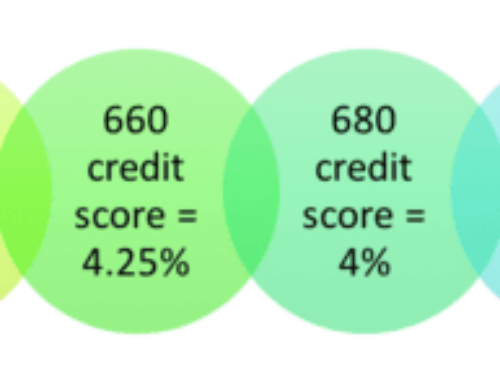Expanded housing equality and affordability are among the National Association of Realtors’ priorities for the coming year, incoming President Charlie Oppler told reporters on Tuesday.
“It is imperative that Realtors lead on this issue,” he said during a media call held in conjunction with the group’s annual conference.
Oppler’s remarks followed a vote by NAR’s board last Friday to expand its code of conduct to ban “harassing or hate speech.” The move was a response to offensive comments made online by some Realtors earlier this year about racial bias against Blacks.
Any Realtors who have been the subject of complaints to NAR about such behavior will undergo a hearing process, Oppler said.
“It’s not just that somebody says something and you’re not a Realtor anymore, that’s not in this the intent of this,” he said. “The intent of this is not to be, quite frankly, engaging in hate and communication that is not positive for the industry.”
NAR has also been working on related measures aimed at bridging the homeownership gap, which is particularly pronounced for Blacks. These include a training program aimed at helping members provide “equal opportunity to all homebuyers,” and recruiting and education efforts in underserved neighborhoods, Oppler said. Those efforts are aimed at introducing residents to mortgage and real estate job opportunities.
NAR plans to continue to push for the passage of affordable housing proposals as well. Oppler cited as an example a bill with bipartisan support that would create tax-advantaged savings accounts for down payments.
“There are a lot of first-time homebuyers looking to get into the marketplace whether it’s now or in the next couple of years and certainly this will allow us to champion their efforts,” he said.
Oppler added that the association will more broadly “advocate for real estate as an essential service during times of crisis.” He noted that the group is concerned that extending the current eviction moratorium could strain landlords and create additional need for public assistance.
He was optimistic about the outlook for single-family residential sales. While operating amid the pandemic early on was a challenge when infection rates were high and social distancing protocols had not been established, it’s in a good position now, he said.
Oppler said that mortgage rates are expected to rise only slightly next year to 3.2% from an average this year that is closer to 3%. Existing home sales that support the purchase-loan market are likely to remain strong, he added.
“Real estate really has busted out,” he said.

